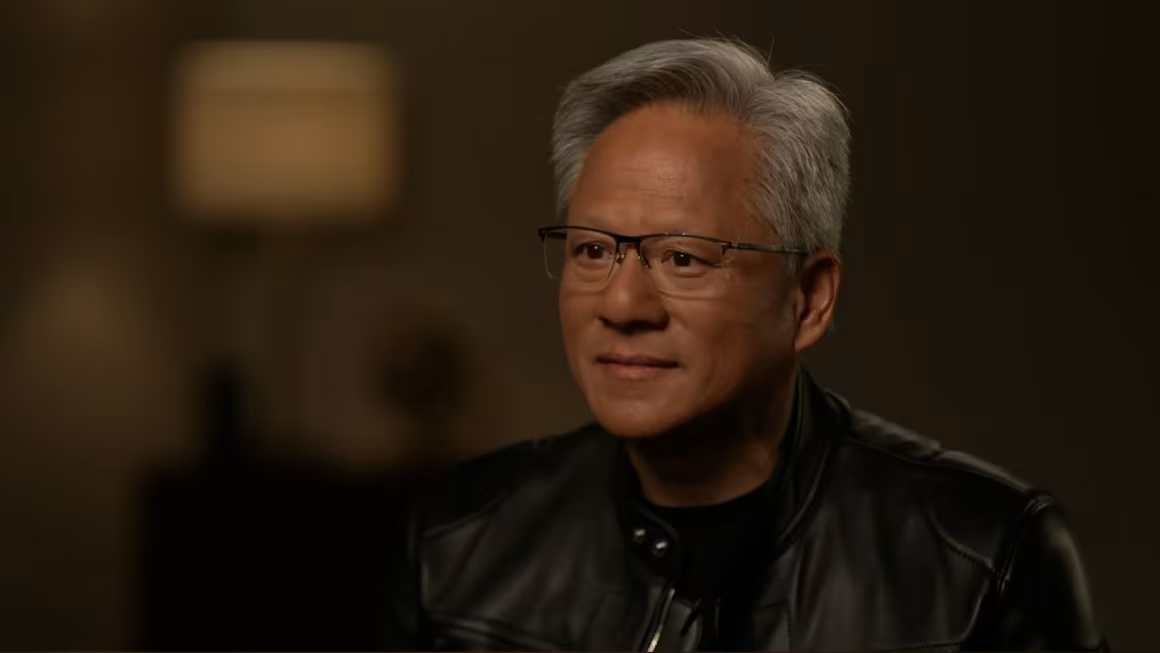The CEO of leading chipmaker Nvidia, Jensen Huang, believes that while artificial intelligence (AI) will significantly boost workplace productivity, its effect on employment ultimately depends on the rate of innovation within industries.
He stated in an interview with CNN’s Fareed Zakaria that “if the world runs out of ideas, then productivity gains translate to job loss.”
Huang’s comments came in response to concerns from fellow tech leader Dario Amodei, head of Anthropic, who warned last month that AI could lead to a dramatic surge in unemployment, potentially eliminating half of entry-level, white-collar jobs and pushing unemployment as high as 20% in the next five years.
More Ideas, More Opportunities
Huang, however, maintains that as long as new ideas continue to emerge, there’s ample room for both productivity and employment to flourish.
He argued that without fresh ambitions, “productivity drives down,” potentially resulting in fewer jobs. “The fundamental thing is this: do we have more ideas left in society? And if we do, if we’re more productive, we’ll be able to grow,” he said.
The recent surge in AI investments, which has fuelled a massive tech boom, has indeed raised concerns about future job security.
A 2024 survey by the Adecco Group found that roughly 41% of CEOs anticipate AI will reduce their workforce over the next five years.
Similarly, a January survey from the World Economic Forum indicated that 41% of employers plan to downsize their workforce by 2030 due to AI automation.

“Everybody’s jobs will be affected. Some jobs will be lost. Many jobs will be created, and what I hope is that the productivity gains that we see in all the industries will lift society,” Huang explained.
AI as an “Equaliser”
Nvidia, which briefly achieved a $4 trillion market value, is at the forefront of the AI revolution, with its technology powering data centres used by tech giants like Microsoft, Amazon, and Google for their AI models and cloud services.
Huang defended AI’s development, asserting that historical technological advancements have consistently led to increases in both employment and productivity. He believes that AI can facilitate an “abundance of ideas” for building a better future.
AI is also expected to transform how work is done, with over half of large U.S. firms planning to automate tasks previously performed by employees, such as paying suppliers or managing invoices, according to a 2024 survey by Duke University and Federal Reserve Banks.
Huang noted that even his job has changed due to AI, but he’s “still doing my job.”
He concluded by highlighting AI’s accessibility, calling it “the greatest technology equaliser we’ve ever seen” because “it lifts the people who don’t understand technology.”


 Trending
Trending 
